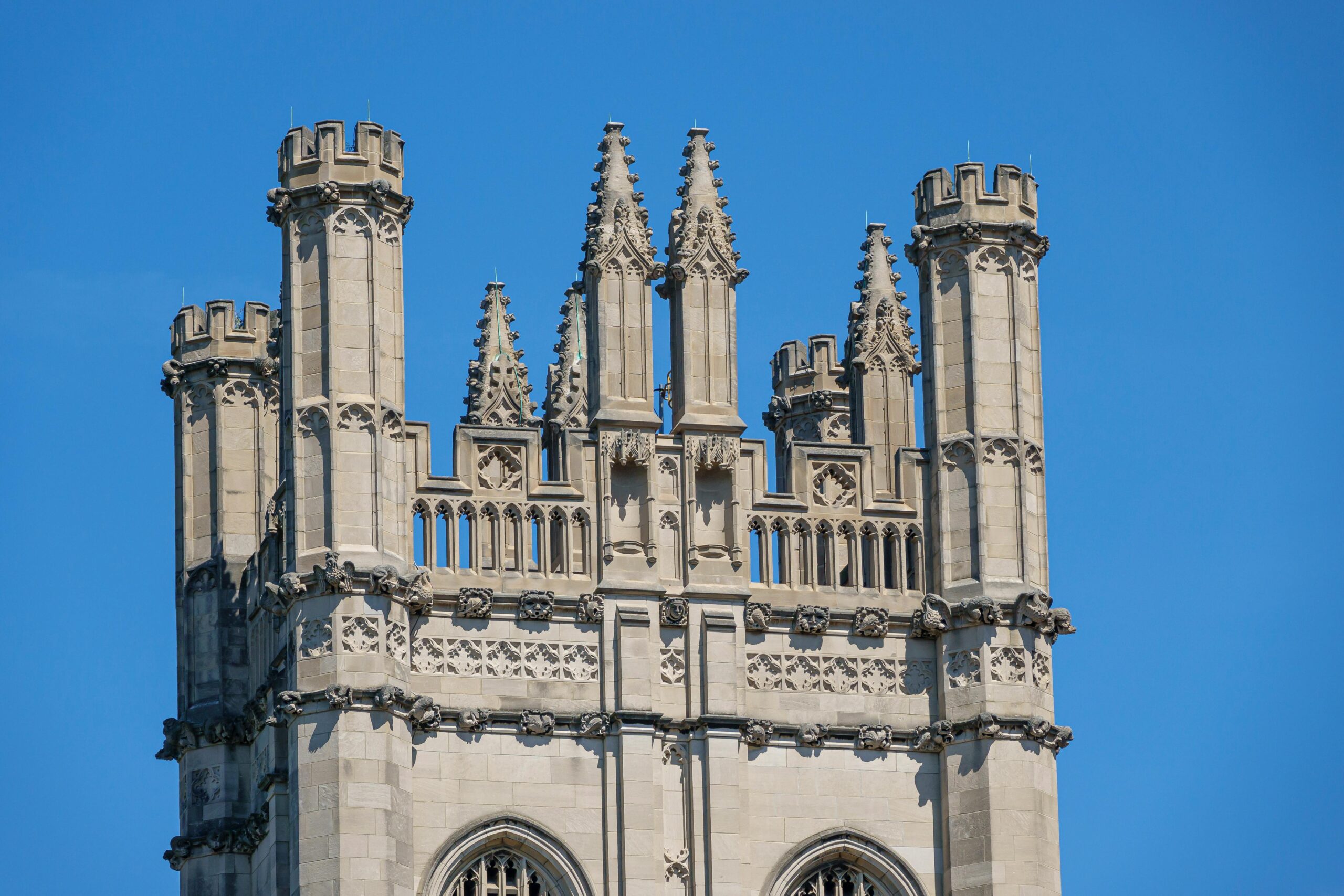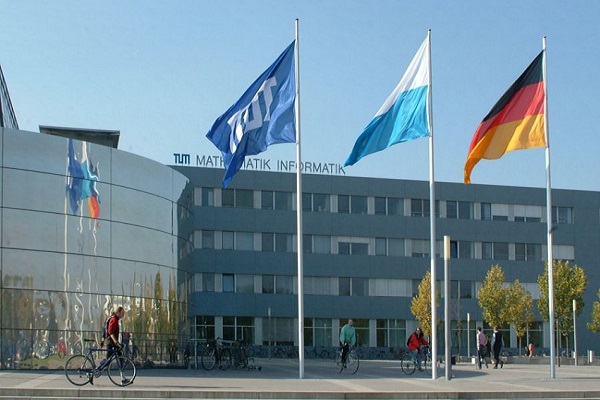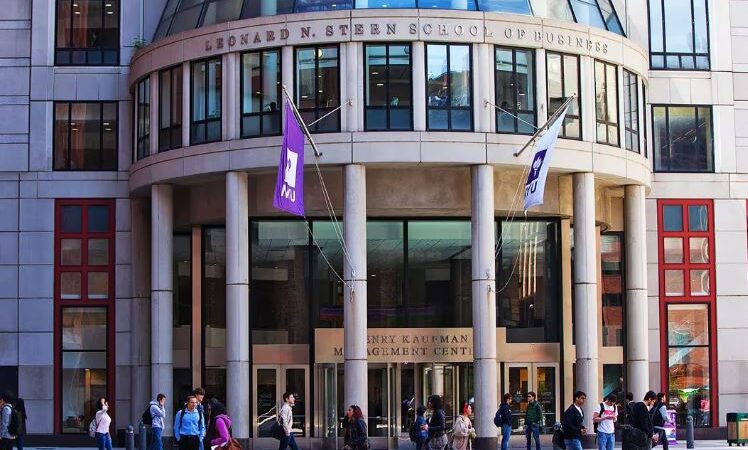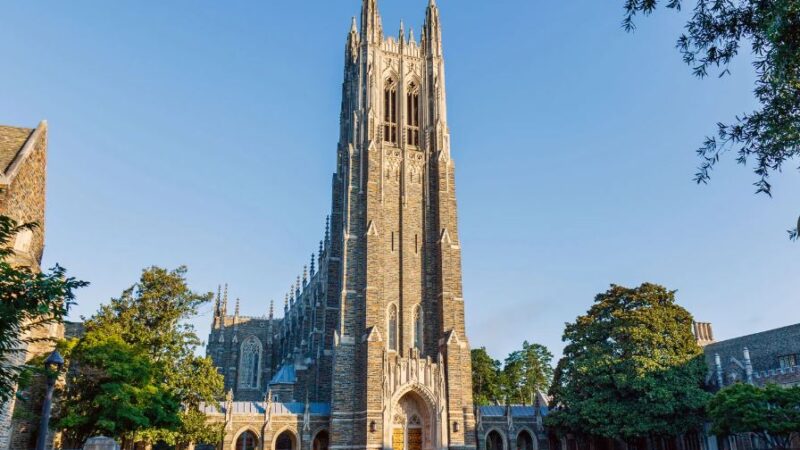Exploring the Legacy and Influence of the University of Chicago: A Comprehensive Journey Through Academia and Beyond

Introduction
Nestled in the vibrant city of Chicago, Illinois, the University of Chicago stands as a beacon of intellectual prowess and academic excellence. Established in 1890 through a generous endowment from John D. Rockefeller and a vision to create an institution that would redefine higher education in America, the University of Chicago has evolved into a globally renowned center for learning, research, and innovation. Over its more than a century-long history, the university has not only shaped the academic landscape but has also significantly influenced fields ranging from economics and sociology to literature and law.
Historical Foundations
The story of the University of Chicago begins with its founding principles, which emphasized rigorous scholarship and intellectual freedom. From its inception, the university distinguished itself by fostering an environment where faculty and students were encouraged to challenge conventional wisdom and pursue groundbreaking research. This ethos attracted some of the brightest minds of the time, including luminaries like Robert Maynard Hutchins and Enrico Fermi, whose contributions laid the foundation for the university’s reputation as a center of academic excellence.
Academic Pillars and Disciplines
Central to the University of Chicago’s identity are its distinctive academic divisions and interdisciplinary approach. The university is organized into several academic units, each known for its depth of expertise and research contributions. The Division of Social Sciences, for instance, has pioneered influential theories in economics, sociology, and political science. Meanwhile, the Division of Humanities has produced groundbreaking scholarship in fields such as philosophy, literature, and art history. The rigorous academic standards and emphasis on critical thinking permeate all disciplines, ensuring that students receive a comprehensive and intellectually stimulating education.
Research and Innovation
Research is a cornerstone of the University of Chicago’s mission, with faculty and students engaged in a wide array of groundbreaking studies. The university is home to numerous research centers and institutes that focus on everything from particle physics and molecular engineering to public policy and urban studies. Notable research initiatives, such as the Enrico Fermi Institute and the Becker Friedman Institute for Research in Economics, underscore the university’s commitment to pushing the boundaries of knowledge and addressing complex global challenges.
Impact on Society

Beyond its academic contributions, the University of Chicago has had a profound impact on society at large. The university’s alumni include Nobel laureates, Pulitzer Prize winners, and leaders in government, business, and the arts. The principles of empirical inquiry and intellectual curiosity instilled at the university have influenced public policy debates, shaped cultural discourse, and advanced scientific understanding. Moreover, the university’s commitment to civic engagement and social responsibility is reflected in its initiatives to promote community development and foster collaboration with local organizations.
Campus Life and Community
The University of Chicago’s campus is not just a physical space but a vibrant community where students, faculty, and staff come together to learn, collaborate, and grow. The campus’s Gothic architecture and expansive green spaces provide a picturesque backdrop for academic and social activities. The university’s rich tradition of student organizations, cultural events, and athletic programs ensures that there are ample opportunities for students to pursue their passions and develop lifelong friendships.
Challenges and Future Directions
Like all institutions, the University of Chicago faces challenges as it navigates an ever-changing global landscape. Issues such as access to education, diversity, equity, and inclusion remain critical concerns that the university continues to address through strategic initiatives and community partnerships. Looking forward, the university is committed to enhancing its research capabilities, expanding interdisciplinary collaboration, and fostering innovation in education to maintain its position as a leader in higher learning.
Conclusion
In conclusion, the University of Chicago stands as a testament to the transformative power of education and the pursuit of knowledge. From its humble beginnings to its current status as a world-renowned institution, the university has remained steadfast in its commitment to academic excellence, research innovation, and societal impact. As it embarks on its next chapter, the University of Chicago will undoubtedly continue to shape the future of academia and inspire generations of scholars, thinkers, and leaders around the globe.
Through its distinctive academic divisions, groundbreaking research initiatives, and vibrant campus community, the University of Chicago has established itself as a pillar of intellectual inquiry and a catalyst for positive change. As we reflect on its legacy and look towards its future, one thing remains clear: the University of Chicago’s influence extends far beyond the confines of its campus, leaving an indelible mark on the world of higher education and beyond.





